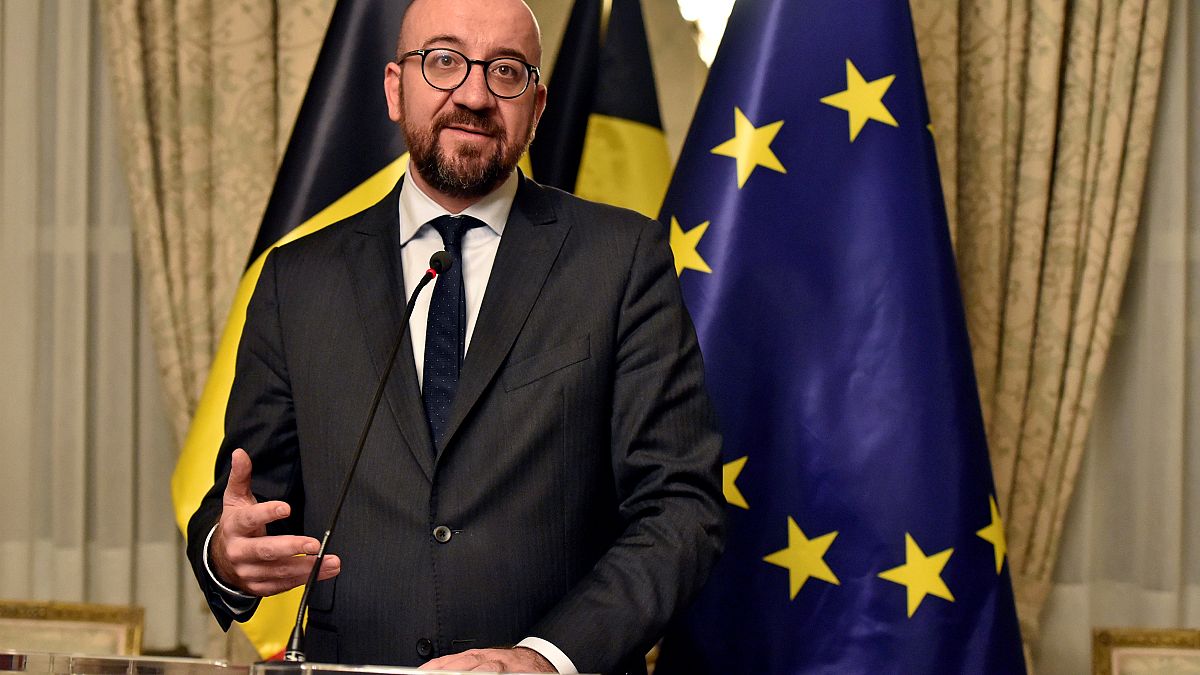Belgian prime minister forms a minority government after biggest party in coalition quits over UN migration treaty row.
Belgian Prime Minister Charles Michel might encounter trouble next week in keeping his government in place after the biggest party in his coalition quit on Saturday after a disagreement over signing the UN migration pact.
The Flemish N-VA said they were pulling its ministers from the coalition because Michel would be signing the UN migration plan in Marrakesh, Morocco, on Monday, despite their objection to it.
N-VA’s leader Bart de Wever had issued an ultimatum to Michel saying he would quit the government if he signed the non-binding UN declaration.
Michel said he would continue with a minority administration and would reshuffle posts — a difficult task for the government since French and Dutch speakers must have an equal number of ministerial posts by law.
The Belgian prime minister said he would maintain a minority coalition with French-speaking liberal Reformist Movement (Mouvement Reformateur) and two Flemish parties, the centre-right CD&V and Open VLD.
"A word is a word. That is why I will defend Belgium at the international conference of the United Nations. The orange-blue government focuses on continuity, responsibility and stability," said Michel in a tweet.
Other European states — particularly from Eastern Europe — will not be signing the migration pact because they fear it could increase immigration to Europe.
